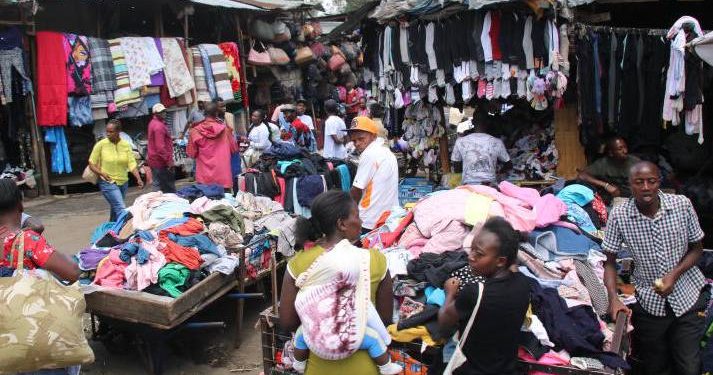The Kenya Bureau of Standards (KEBS) has lifted the ban on the importation of second-hand clothes and shoes, alias mitumba, effective immediately.
Nevertheless, the lifting of the ban comes laden with a heft of protocols and guidelines to ensure the safety and protection of traders and users while handling used textiles and shoes to avoid the spread of coronavirus. These include:
- Cleaning and fumigation of mitumba at the country of origin before baling
- All importers of used textiles and shoes to register with KEBS and identify the country of origin of the bales to enable their traceability
- Clearance of used textiles and shoes to only be undertaken through the Kilindini port and the Inland Container Depot Nairobi (ICDN)
- Reducing the weight of bales by 15KG to 30KG
- Shipments must be accompanied by a certificate of conformity from KEBS, detailing where the shipment has come from and its weight
- Each shipment to be accompanied by a fumigation certificate “issued by a licensed service provider in the country of origin”, proving the goods have been fumigated using World Health Organisation approved chemicals
In March, KEBS banned the importation of second-hand clothes and shoes (mitumba) in line with the World Health Organization (WHO) guidelines.
According to a Wee Tracker article, the ban threatened 700,000 jobs. In the first half of 2019, Kenyans spent KSh11.96 billion on second-hand clothes.
Businesses related to second-hand clothes employ over two million people across the supply chain, accounting for about 10% of Kenya’s total extended labor force. This includes importers, brokers, transporters, and retailers in informal markets like Gikomba, Toi, and Ngara and Kangemi.
See Also:




